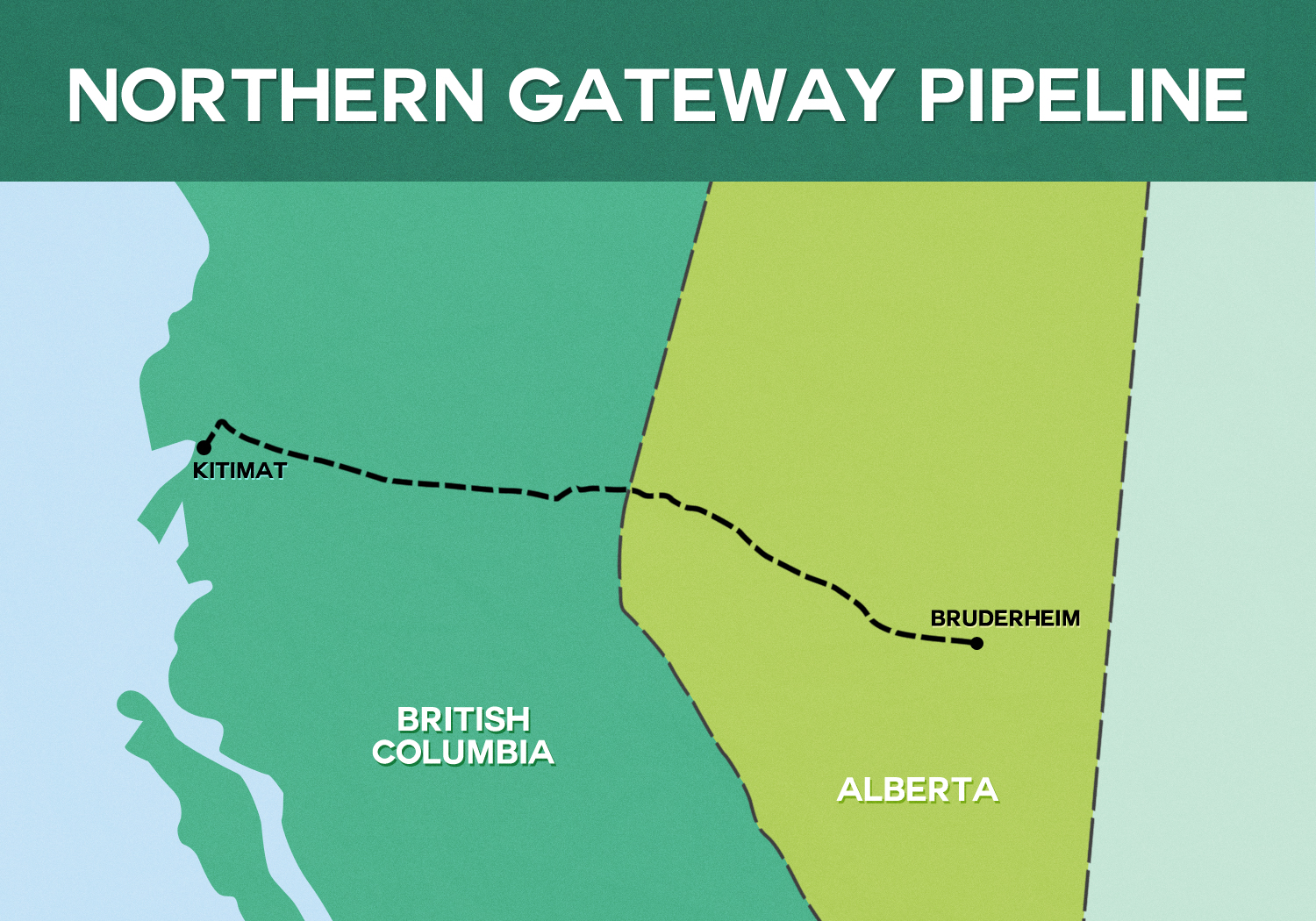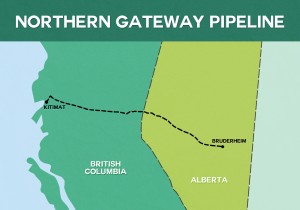Amnesty International critical of pipeline impacts


Amnesty International Canada has expressed growing concern for the protection of Indigenous peoples’ rights, as plans for the Northern Gateway Pipeline draw closer to being finalized.
The proposed pipeline intends to transport a daily average of more than a half-million barrels of bitumen and oil from the Alberta oil sands to a new facility in Kitimat, British Columbia, where it would be loaded onto tankers for export.
Amnesty International Canada contends that the Canadian government has not lived up to its responsibility to protect the rights of Aboriginal peoples who live in the areas affected by the pipeline.
Craig Benjamin, campaigner for the human rights of indigenous peoples at Amnesty International Canada, acknowledged the communication that has been made between Enbridge and the First Nations.
“Our concern as an organization has a couple of elements to it,” Benjamin said.
“One of which is that the federal government really has not taken up its own direct responsibility to ensure that the rights of Indigenous peoples, under the protection of the Canadian Constitution and international law, are adequately protected with this project.”
The pipeline is a proposed 1,117km twin pipeline system and marine terminal.
The approval of the project would lead to pipeline construction across roughly 1,000 rivers and streams in the territories of Indigenous peoples in Alberta and British Columbia.
There have been serious concerns raised by First Nations groups that the transport of bitumen, oil and industrial chemicals across these territories and through coastal waters could pose a considerable risk to the health and safety of these Aboriginal peoples.
“It’s not just this project,” continued Benjamin. “I mean this is the pattern with the government.”
He continued, “It really relies on project proponents to consult with Indigenous peoples. It has said that it will fulfill its own responsibilities at the regulatory stage, things like the environmental impact assessment, but then also it restricts those assessments from dealing with the rights and issues at stake.”
According to Benjamin, issues like this are not subject to proper consultation and review.
Amnesty International Canada argues that there has been little indication that the government is attempting to have proper consultations with First Nations on a genuine basis.
Sarah Kiley, senior communications officer for the National Energy Board, spoke with The Cord and said that the Joint Review Panel for the Northern Gateway Pipeline, established in 2010, has released a report that addressed the safety of the pipeline.
“We feel that the country as a whole would be better if this project were to proceed,” Kiley shared.
The Northern Gateway Pipeline project was started a decade ago.
The project is expected to create 3,000 short-term construction jobs and 560 long-term employment opportunities. It is anticipated to contribute more than $300 billion to Canada’s GDP over a 30-year period.
However, Benjamin stressed that the Northern Gateway Pipeline Review notes that many First Nations have not consented to this project.
“Indigenous peoples are not part of the design of environmental reviews and are really essentially treated as just another stakeholder in the project, as opposed to nations with distinct rights,” Benjamin explained.
“Because of this, some First Nations had chosen to participate in the Northern Gateway review and “express their opinions strongly there.”
“Others said they wouldn’t take part because it wasn’t the appropriate format.”
Amnesty International Canada feels that the rights framework, ranging from the recognition of inherent rights to land, the needs of resolutions of land claims and the need to provide effective protection has been overlooked by the Canadian government.

